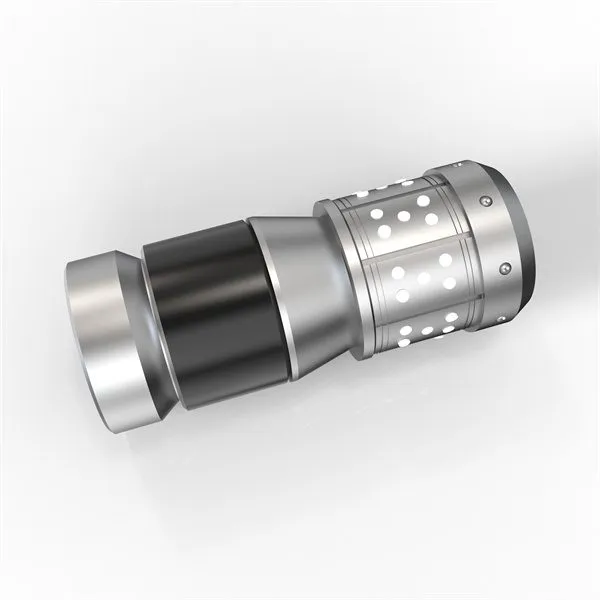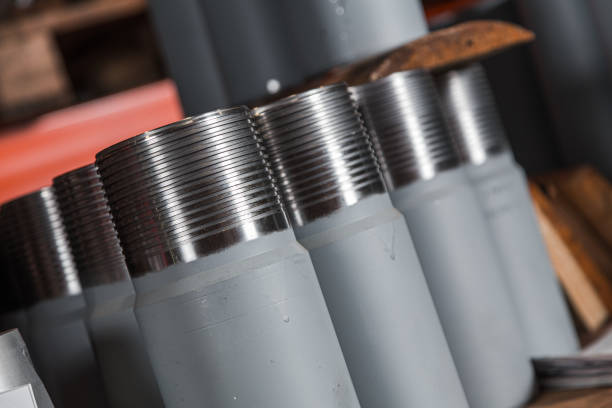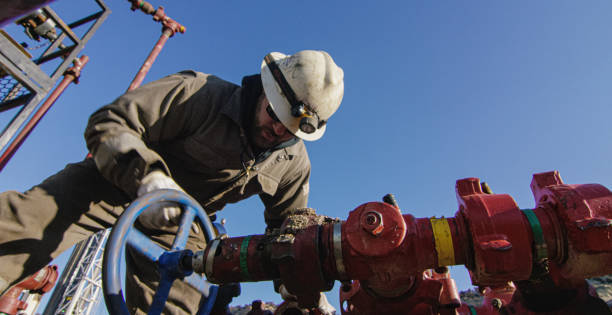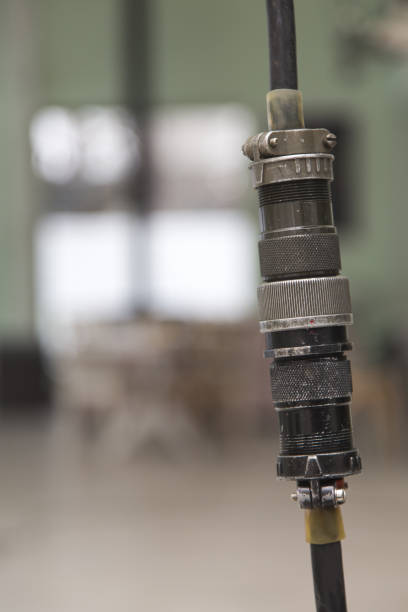Spanish
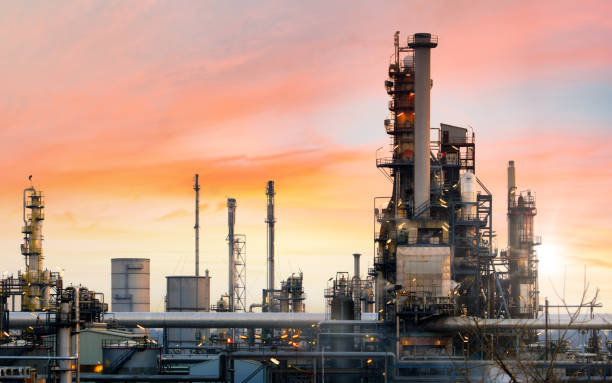
Oil and gas equipment suppliers

In the highly competitive and technically demanding oil and gas industry, selecting the right equipment supplier is more than just a purchasing decision—it’s a strategic partnership. Whether you are engaged in exploration, production, transportation, or refining, the performance of your operations heavily depends on the quality and reliability of the equipment you use. That’s why finding trustworthy and experienced oil and gas equipment suppliers is essential to achieving longterm success.
This article explores what defines a great supplier, the types of products they offer, how to evaluate their credibility, and why choosing the right partner can significantly impact your operational efficiency and bottom line.
Understanding the Role of Oil and Gas Equipment Suppliers
Oil and gas equipment suppliers are specialized companies that provide the tools, machinery, and systems necessary for energy operations. Their product range typically includes:
Drilling equipment (e.g., rigs, mud pumps, drill bits)
Production systems (e.g., separators, wellheads, artificial lift systems)
Pipeline components (e.g., valves, compressors, pigging systems)
Refining and processing units (e.g., distillation columns, reactors, control systems)
Instrumentation and automation (e.g., SCADA systems, sensors, flow meters)
In addition to selling equipment, many suppliers also offer services such as equipment customization, technical support, training, spare parts delivery, and maintenance packages.
Key Characteristics of Reliable Oil and Gas Equipment Suppliers
Choosing the right supplier is not simply a matter of cost. Here are the top qualities that define a trustworthy and capable oil and gas equipment supplier:
- Industry Certifications and Compliance
Reputable suppliers should offer products that meet international standards such as:
API (American Petroleum Institute)
ISO (International Organization for Standardization)
ASME (American Society of Mechanical Engineers)
These certifications ensure that the equipment is safe, durable, and compliant with industry regulations.
- Technical Expertise
A knowledgeable supplier will understand your operational challenges and offer solutions tailored to your project requirements. Look for suppliers with experienced engineers and consultants who can help with product selection and technical specifications.
- Wide Product Portfolio
Toptier suppliers carry a comprehensive range of products covering upstream, midstream, and downstream operations. A broad catalog reduces the complexity of procurement and helps you source all your equipment needs from a single vendor.
- Global Reach and Local Presence
Global suppliers with local offices or distribution centers can offer faster delivery times, onsite support, and better responsiveness. This is especially important for projects in remote or offshore areas.
- Strong AfterSales Support
Quality suppliers provide warranties, service contracts, and easy access to spare parts. Their support doesn’t end with the sale—they continue to assist in commissioning, maintenance, and performance optimization.
Where to Find Trusted Oil and Gas Equipment Suppliers
Here are several common ways to locate and assess equipment suppliers in the oil and gas sector:
Trade Shows and Industry Exhibitions
Events like ADIPEC, OTC, and SPE Offshore Europe provide opportunities to meet suppliers, compare products, and build relationships.
Online Marketplaces and Directories
Platforms such as Alibaba, MadeinChina, and ThomasNet list thousands of oil and gas equipment suppliers globally. Use filters to narrow down by product type, certification, and location.
Referrals and Industry Networks
Recommendations from trusted peers or industry partners can help identify suppliers with a proven track record.
Company Websites and Case Studies
Analyze a supplier’s website to assess product details, past projects, client testimonials, and their overall brand reputation.
Questions to Ask Before Partnering with a Supplier
Before finalizing your decision, ask the following questions to evaluate a supplier’s capabilities:
- Can you provide product certifications and quality test reports?
- Do you offer customization to suit specific environmental conditions?
- What is your average lead time for delivery and installation?
- What kind of warranty and service terms do you offer?
- Can you support global logistics and customs clearance?
- Do you have experience working with projects of similar scale or region?
These questions will help you avoid hidden costs, delays, and compliance issues.
Benefits of Partnering with the Right Oil and Gas Equipment Supplier
A wellchosen supplier can have a powerful positive impact on your business:
Operational Reliability: Highquality equipment means fewer breakdowns and safer operations.
Cost Savings: Efficient systems reduce energy consumption, waste, and maintenance costs.
Faster Project Completion: Reliable suppliers ensure timely deliveries and smooth installations.
Regulatory Compliance: Certified equipment helps meet safety and environmental standards.
Innovation: Suppliers with R\&D capabilities can provide cuttingedge solutions, including digital monitoring and automation.
Trends in Oil and Gas Equipment Supply
The energy landscape is evolving, and equipment suppliers are adapting to meet new demands. Key trends include:
Digital Integration: Modern equipment now features IoT sensors, AIdriven diagnostics, and remote monitoring systems.
Sustainability: There’s a growing demand for lowemission, energyefficient equipment to align with carbon reduction goals.
Modular Design: Modular systems allow for faster deployment and easier scalability, especially for offshore and mobile operations.
By choosing forwardthinking suppliers, you position your company to benefit from these innovations.




